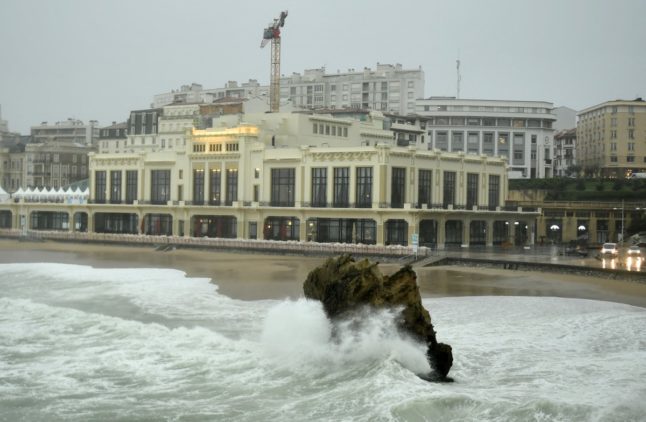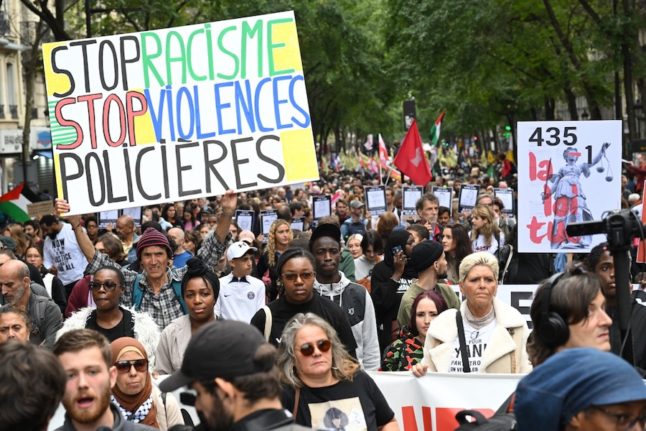One of the southwestern town’s districts has been officially called La Négresse (the negress) since 1861, while a road has been called Rue de la Négresse since 1986.
Anti-racism association Memoires et Partages (Memory and Sharing) says Napoleonic soldiers gave the district the nickname after a former enslaved woman who worked in an inn there.
The group says the words “negro” and “negress” were used “to designate a black person deprived of their humanity, the only way for European societies to render their enslavement morally acceptable”.
“The terms thus carry the mark of a crime against humanity that saw millions of Africans deported so they could work as slaves in colonial plantations,” it said.
Instead the association called for the neighbourhood to retake its old name of Harausta, which means “dusty quarter” in the regional Basque language.
Memoires et Partages asked the mayor’s office to change the names in 2020, but that request was rejected.
It filed a case with the administrative court in the nearby city of Pau on Thursday, and is expecting a ruling within the next fortnight.
A magistrate who examined the claim on Thursday morning gave a non-binding opinion that the word had indeed become “derogatory” but that the mayor’s office was within its rights to reject the request.
William Bourdon, the lawyer for the association, deplored what he called the “normalisation of a racist stereotype”.
Pierre Cambot, a lawyer for the mayor’s office, said it was more of a “semantic slip”.
“It was never the intention to humiliate anyone, but rather to pay tribute to this woman,” he said.
If the court rules against the association, it has said it will take its complaint to France’s top administrative court.
French ships played a big role in the transatlantic slave trade, especially through its western port city of Nantes, until the abolition of slavery in 1848.
In 2001, France became the first country to recognise slavery and the slave trade as “crimes against humanity”.



 Please whitelist us to continue reading.
Please whitelist us to continue reading.
Villejuif???
I doubt this woman would like to remembered simply as Negress. If the mayor would like to honor her, find out her name and rename the district and the street after her.